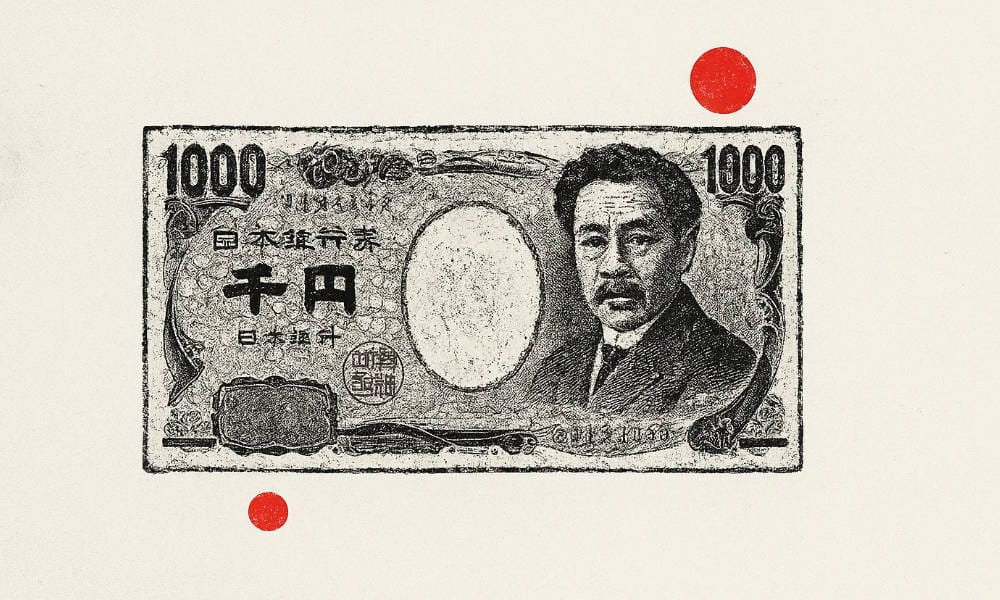Is Trading Forex Halal? What You Need to Know
Forex trading is halal only without interest, leverage, gambling behaviour or delayed settlement tricks.

If you have ever questioned whether forex trading is halal or haram, you are not alone. There is no shortage of people showing off their trading profits on social media while claiming everything is perfectly halal. On the other side, you have people warning it is all haram and you are gambling your soul away. So which is it?
First, what do these words actually mean? Halal simply means allowed or permissible. Haram means forbidden. No middle ground, no excuses. It either passes the test or it doesn’t.
Now, forex trading in theory is simple. You buy one currency and sell another. You might swap pounds for euros before a holiday. That is halal. Nobody would question it. You pay, you get your money on the spot, no interest involved, job done.
But online forex trading is completely different. You are not exchanging money to buy something useful. You are sitting in front of a screen, clicking buttons to predict where prices will go. You are betting on the future movement of currency prices, usually using money you have borrowed from a broker. That’s where things start to get problamatic.
One of the biggest problems with forex trading is interest charges. Most forex brokers will charge you extra fees if you leave a trade open overnight. This is not a small administration fee. This is based on interest rates, meaning you are being charged for borrowing money to hold your trade.
Earning or paying money based on interest is haram. Brokers know this makes people uncomfortable so they offer “swap-free” accounts which supposedly avoid these interest charges. Sometimes these accounts are genuinely interest-free, but often brokers sneak in other charges to make up the difference. They call it halal while quietly taking your money in a different way, so you have to read the small print.
Then there is leverage. Leverage means borrowing money from the broker to make bigger trades than you can afford. This is generally considered haram because it involves borrowing with interest and exposes you to excessive risk. Using leverage turns trading into gambling, which is not permissible.
That means true halal forex trading is nearly impossible to do on mainstream platforms. Without leverage, trading volumes are small and profits are minimal, too slow for most traders. So the reality is if you want to trade forex and keep it halal, you have to be extremely cautious. It’s not impossible, but the way most people trade makes it very hard to justify.
You also need to look at how trades are settled. For a trade to be halal, it should be settled instantly. Both sides should receive what they agreed straight away. In forex, you often never receive actual currency at all. You are just trading CFDs based on price movements. This is closer to betting than actual trade, especially when no real money is exchanged and no goods are delivered.
Now, some people will tell you it can still be halal if you follow strict conditions. You would need to use a genuinely interest-free account with no hidden charges, avoid all leverage completely, and only trade when the exchange happens instantly with full settlement. That sounds great, but the reality is very few brokers offer this and very few traders follow it.
Most of what happens in forex trading today looks more like gambling and interest-driven speculation than fair and honest trade. The more shortcuts and loopholes you take, the harder it becomes to convince yourself it is halal.
So, is forex trading halal or haram? The honest answer is that it depends on how you trade. If you remove the interest, the leverage, the delayed settlements, and the gambling mentality, you could argue it is halal. But that stripped-down version of forex is boring and slow, which is why most traders avoid it. The moment you chase quick profits, use borrowed money, or pay interest charges, you cross into haram territory, whether you admit it or not.
If you care about doing things properly, you already know what the right answer is. You just have to decide if you want to follow it.
